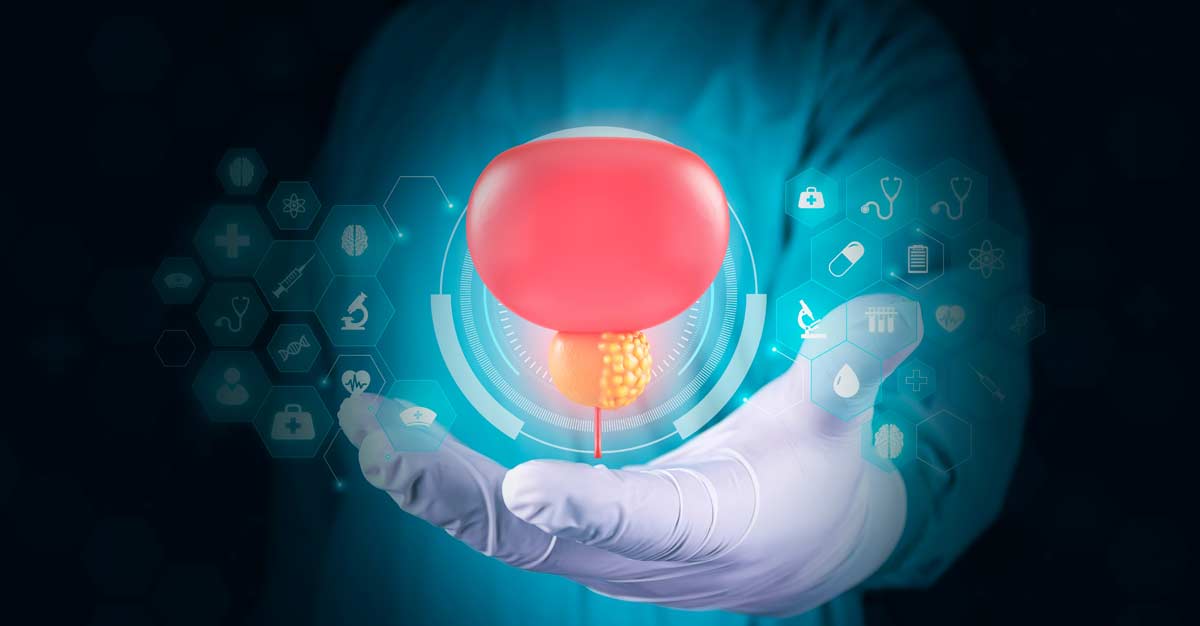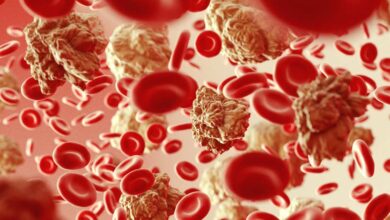The Prostate: From Fertility to Cancer Prevention

The prostate gland plays a central role in men’s health. Although small, about the size of a walnut, this gland located just below the bladder and wrapped around the urethra has a powerful impact on fertility and overall wellbeing. Its primary function is to produce a major portion of seminal fluid, a clear alkaline secretion rich in essential nutrients such as zinc, citrate and enzymes like PSA, which support sperm mobility and protect sperm cells.
Keeping the prostate healthy is vital for preventing common conditions, including prostatitis, benign prostatic hyperplasia and prostate cancer, one of the most prevalent cancers among men worldwide. Protecting this gland starts with regular screening, especially after the age of 40, along with adopting healthy lifestyle habits. Early detection significantly improves treatment success, safeguards fertility and preserves a man’s quality of life.
Benign Prostatic Hyperplasia: A Common Condition With Age
Benign prostatic hyperplasia, or BPH, is the most common prostate condition affecting men as they grow older. It is a non-cancerous enlargement of the gland, typically beginning after the age of 40 and becoming increasingly common after 50. This enlargement is largely driven by age-related hormonal changes. As the prostate grows, it compresses the urethra, obstructs urine flow and leads to symptoms that can greatly impact daily life.
Common symptoms include frequent or urgent urination, especially at night, difficulty starting urination, a weak or interrupted urine stream and the feeling that the bladder has not fully emptied. Although BPH is not cancer and does not progress to cancer, it can cause serious complications if left untreated, such as urinary retention, recurrent urinary tract infections and bladder or kidney damage.
Treatment options range from medications that relax prostate and bladder muscles or reduce prostate size, to minimally invasive surgical procedures in severe cases.
Prostatitis: Inflammation or Infection That Can Affect Any Age
Prostatitis is an inflammation or infection of the prostate and can affect men of any age. It exists in several forms, including acute bacterial prostatitis, chronic bacterial prostatitis and chronic non-bacterial prostatitis, also known as chronic pelvic pain syndrome.
Bacterial prostatitis occurs when infection spreads to the prostate from the urinary tract. Acute cases appear suddenly with severe symptoms, while chronic cases develop gradually and fluctuate over time.
Symptoms may include pain or burning during urination, pain in the pelvis, lower back or genital area, pain during ejaculation, fever and chills in acute cases and increased urinary urgency or frequency.
Treatment depends on the type. Bacterial prostatitis requires targeted, long-term antibiotics capable of penetrating prostate tissue, while non-bacterial forms focus on pain management and symptom relief using anti-inflammatory medications, alpha-blockers, physical therapy, lifestyle modifications and other supportive measures.
Prostate Cancer: One of the Most Common Cancers in Men
Prostate cancer is a malignant growth arising from prostate tissue and is one of the most common cancers among men globally. The risk increases significantly with age, particularly after 50. In many cases, the cancer grows slowly in its early stages, which is why symptoms may be absent for years. As a result, many cases are detected through routine screening, especially PSA testing.
As the disease progresses, urinary symptoms may appear due to pressure on the urethra. These symptoms often resemble those of benign prostatic hyperplasia, including difficulty initiating urination, a weak stream and increased nighttime urination. However, more concerning signs may include blood in the urine or semen and persistent pain in the back, pelvis or bones, which may indicate advanced disease or metastasis. Diagnosis is confirmed through a prostate biopsy. Treatment options vary depending on the stage and aggressiveness of the cancer and may include active surveillance in early stages, surgical prostate removal, radiation therapy and hormonal therapy.
Protecting Men’s Health Through Awareness and Early Action
The prostate is far more than a small reproductive gland. It influences fertility, urinary health and long-term wellbeing. The most powerful tools for protecting it are simple but essential: screening, early detection and lifelong care. For men over 40, routine evaluations such as PSA testing and clinical examinations can make the difference between early, highly treatable conditions and late-stage disease. With growing awareness, advances in treatment and a greater focus on preventive health, men today have more opportunities than ever to preserve their reproductive health, avoid complications and maintain a strong quality of life.














